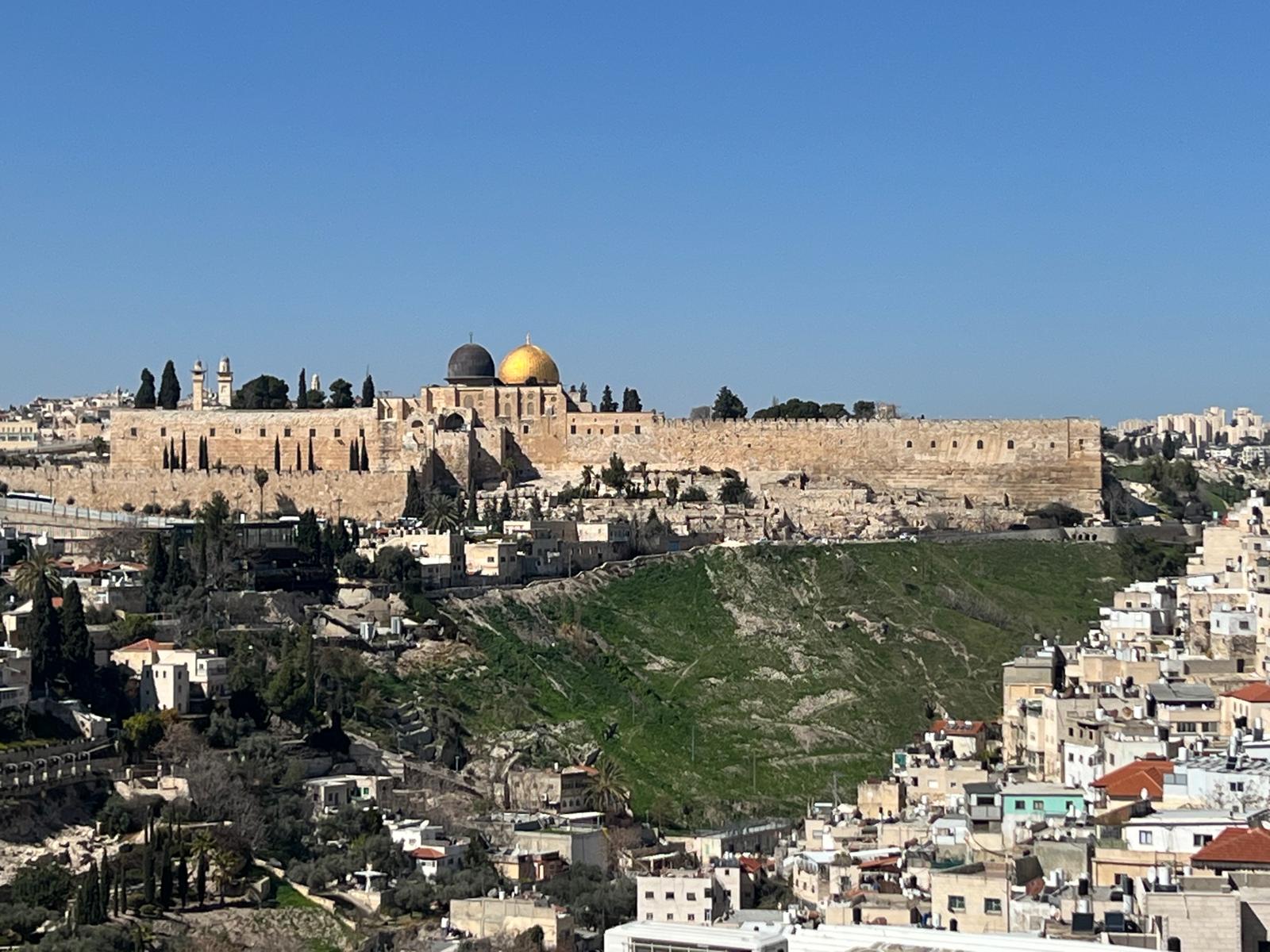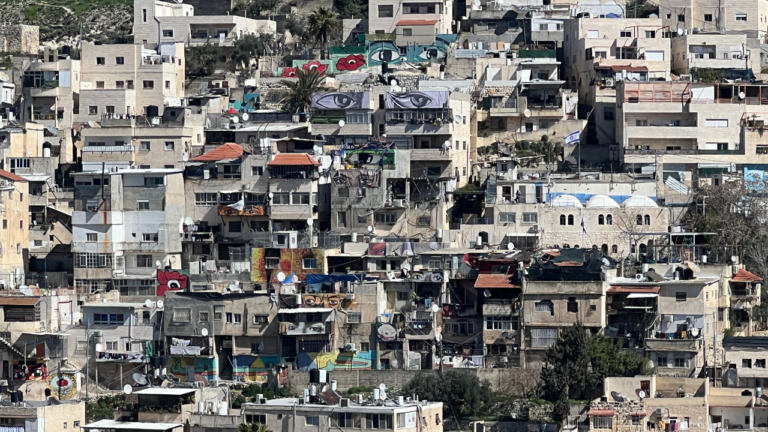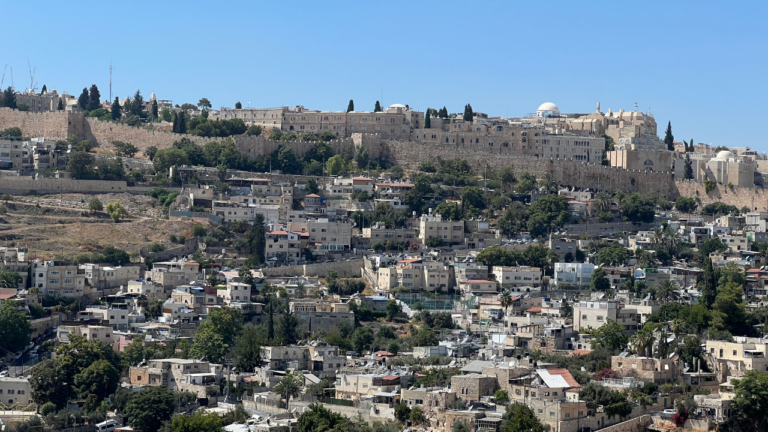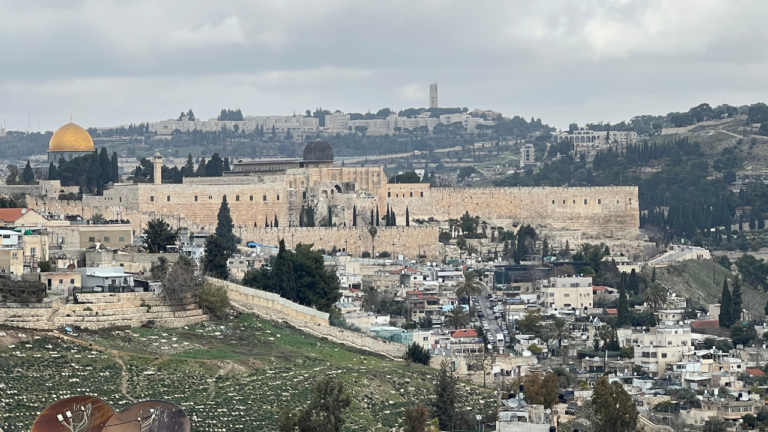A Brand Plucked from the Fire: The Remaining Sons of Jerusalem
Shortly after the end of World War II, Rav Yosef Kahaneman zt”l, known as the Ponevezher Rav, began working swiftly to aid the countless orphaned children whose parents had been consumed in the inferno of Europe. He established orphanages and organizations that could safely bring these children to Eretz Yisrael and place them in a warm, Jewish, religious environment.
After some time, the oldest boy in the orphanage reached the age of Bar Mitzvah. It was a moment of great celebration. All the rebbeim and staff joined the boys for the festive meal in honor of the occasion. One of the rebbeim asked Rav Kahaneman if he would like to speak. The Ponevezher Rav, who had himself lost his entire family and community to the Nazi machine, was emotionally overwhelmed and declined. He was asked several more times, but he continued to insist that he simply wanted to listen.
Finally, the Bar Mitzvah boy himself approached the man he now viewed as a father and asked that he honor the simcha with some divrei Torah. Realizing that he could not possibly say no, the Ponevezher Rav rose and made his way to the podium.
He began with a simple question from this week’s parsha. Shortly after Nadav and Avihu are consumed by holy fire, the Torah records Moshe Rabbeinu’s instructions to Aharon and his other sons, Elazar and Itamar. Twice, the Torah refers to them with the unusual phrase בניו הנותרים – “the remaining sons”. We are quite aware that theywere the “other” sons, so why does the Torah emphasize that they were “remaining”?
Rav Kahaneman continued. When a Jew’s righteous brothers are consumed by holy fire, he cannot simply return to life as it was. One who is spared from a fate that claimed those wiser and holier than him must ask: Why was I spared? Elazar and Itamar were accomplished, righteous individuals. Yet after the deaths of their great brothers, they were forever branded as “survivors”. More was now demanded of them. As “the remaining sons,” they had to constantly ask: For what purpose was I spared? A special responsibility rests on the shoulders of those who survive.
With that, the Ponevezher Rav sat down.
His message was clear. Standing in a room full of bereaved children – children who had been spared the fate of so many loved ones – Rav Kahaneman wanted them to understand that their survival was no accident. HaKadosh Baruch Hu had plucked them from the clutches of the Nazis for a reason, for a destiny still unfolding. For the rest of their lives, they were now “the remaining sons,” entrusted with a sacred mission to live with spiritual ambition and fiery dedication to Klal Yisrael.
The Navi Zecharia, when describing the Satan’s attempt to prosecute Yehoshua Kohen Gadol for his inability to maintain the spiritual purity of his family and his nation, records Hashem’s response (3:2): “And Hashem said to the Satan: ‘Hashem shall denounce you O’ Satan; and Hashem shall denounce you, He who chose Jerusalem. Is this one not a brand saved from fire?’” HaKadosh Baruch Hu describes Yehoshua as a firebrand saved from the burning destruction of Jerusalem. The Satan attempts to undermine him, but Hashem makes it clear: This survivor was deliberately saved. I brought him back to Jerusalem for a divine mission that only he can fulfill.
In a sense, every Jew living today could be called “one who remains”. We are all descendants of those who were consistently plucked from the flames – firebrands saved and returned to Jerusalem for some mysterious reason. So many millions longed to set eyes upon the old city of Jerusalem and were denied the chance.
If we are all firebrands returned to Jerusalem, we must ask: Why? Why are we uniquely privileged when so many others were so much more deserving?
Living as a firebrand demands a higher level of responsibility. It demands a pursuit of greater spiritual purity, fierce loyalty to Jerusalem and Eretz Yisrael, and above all, a commitment to unite Klal Yisrael—not, God forbid, to divide it.
He who has chosen Jerusalem has chosen us. We must always ask why, and we must strive to live lives worthy of that answer.



